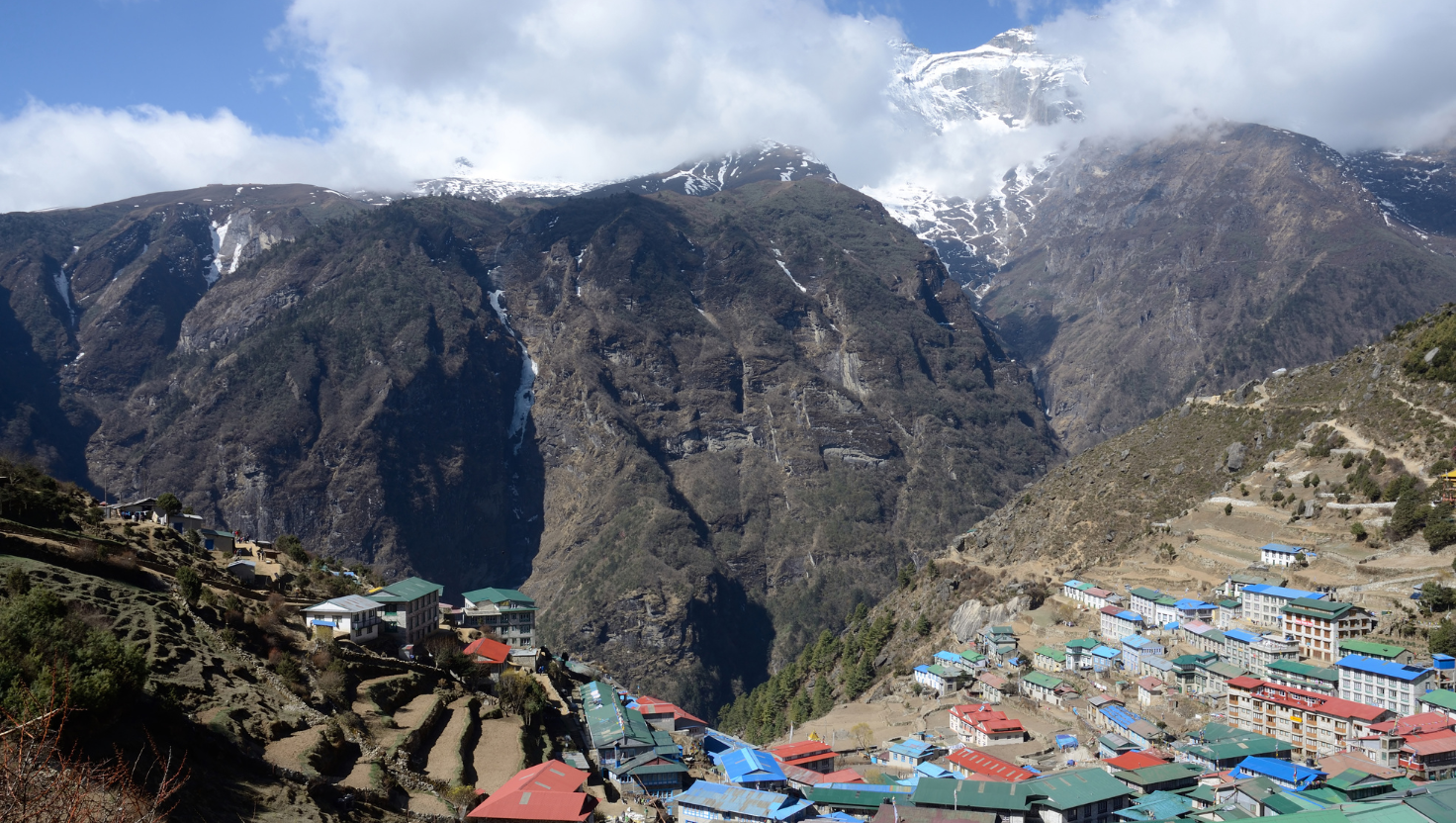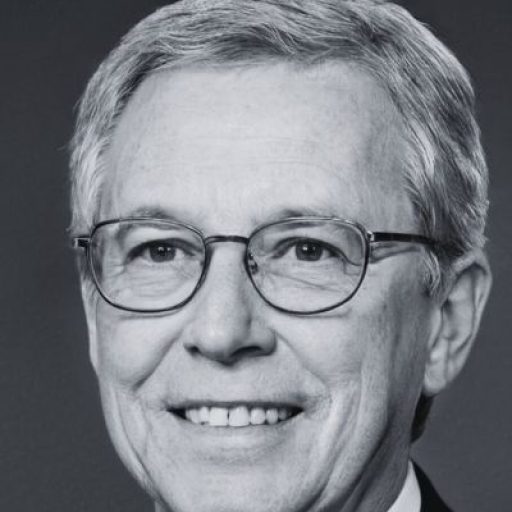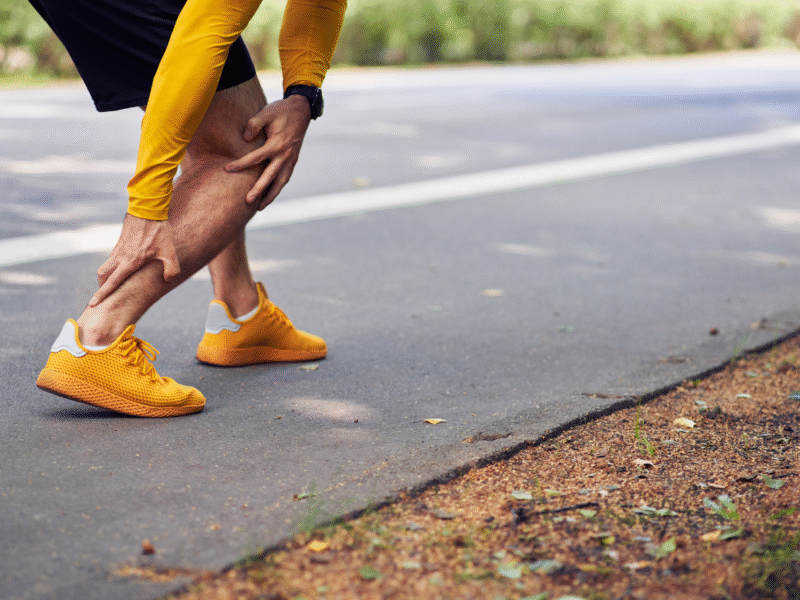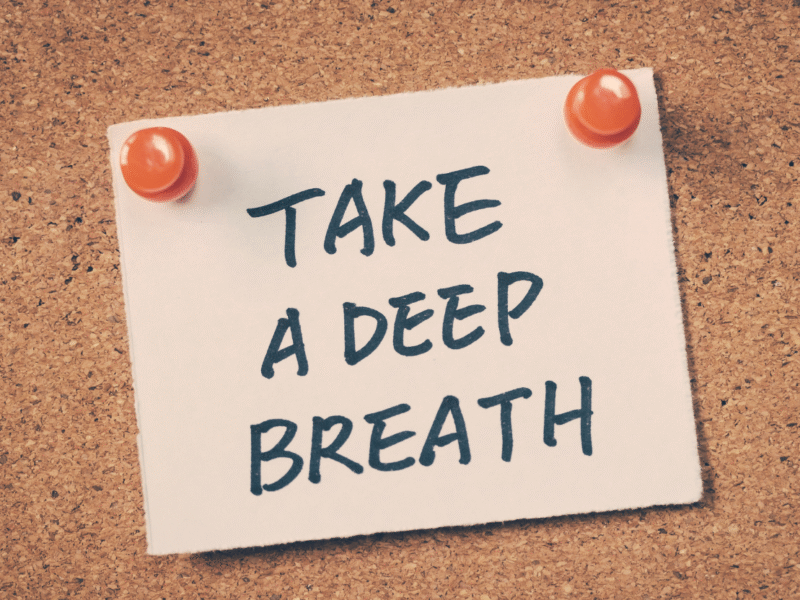As a renowned physician who has guided adventurers, athletes, and travelers alike, I’ve seen firsthand how crucial proper acclimatization is to both safety and performance. Whether you’re trekking at high altitude, adjusting to a new climate, or returning to work after a hiatus, allowing your body the necessary time for adaptation can mean the difference between thriving and struggling. In this post, I’ll explain the physiology behind the acclimatization process, outline its key benefits, and share practical acclimatization tips to help you transition smoothly.
Understanding the Acclimatization Process
Acclimatization refers to the physiological adjustments your body makes in response to environmental changes. Most commonly, we discuss high altitude acclimatization, where decreased oxygen availability prompts increased red blood cell production and improved oxygen delivery to tissues. However, climate acclimatization—for heat, cold, or humidity—is equally important. In each case, your body undergoes a series of adaptive shifts, such as altered breathing patterns, sweat rate modulation, and cardiovascular adjustments, to maintain homeostasis.
Key Benefits of Acclimatization
- Prevention of Altitude Sickness
Rapid ascent without proper altitude acclimatization dramatically raises your risk of acute mountain sickness (AMS). Symptoms like headache, nausea, and dizziness signal that your body hasn’t yet compensated for lower atmospheric pressure. A gradual ascent with rest days at intermediate elevations allows the acclimatization benefits—such as increased hemoglobin concentration and enhanced ventilation—to develop, reducing AMS incidence. - Enhanced Physical Performance
Proper acclimatization optimizes oxygen uptake and utilization. For athletes and mountaineers, this translates into greater endurance, reduced fatigue, and better overall performance at elevation. Similarly, heat acclimatization boosts sweat efficiency and cardiovascular stability, enabling you to exercise longer and harder in hot conditions. - Improved Safety and Well-Being
Beyond athletic endeavors, even travelers or field workers face health risks when transitioning abruptly between environments. Acclimatization guidance helps prevent heat stroke, dehydration, or cold-related injuries. By following a structured acclimatization guide, you foster resilience and minimize the likelihood of medical emergencies.
Practical Acclimatization Tips
- Ascend Gradually: For high altitude acclimatization, increase sleeping elevation by no more than 300–500 meters per day once above 2,500 meters. Incorporate rest days every 1,000 meters of ascent.
- Hydrate and Fuel Properly: Dehydration impairs adaptation. Drink at least 3–4 liters of water daily and maintain a balanced intake of carbohydrates and electrolytes to support the acclimatization process.
- Monitor Symptoms: Keep an eye on signs of altitude sickness—headache, loss of appetite, fatigue—and consider using a pulse oximeter to track oxygen saturation.
- Use Graded Exercise: When climate acclimatization to heat is needed, start with light activity in cooler morning hours, gradually increasing intensity and duration over 7–14 days.
- Rest and Recover: Sleep quality is vital. Prioritize 7–9 hours of rest per night, and consider short naps during the day to support recovery.
Conclusion: Make Adaptation Your Priority
In my career, I’ve seen eager travelers push onward too quickly, only to be sidelined by preventable complications. Proper acclimatization isn’t optional—it’s essential to protect your health, maximize your performance, and ensure an enjoyable experience, whether you’re scaling a mountain peak or acclimating to a new work environment. By respecting your body’s need for gradual adaptation and following these acclimatization tips, you’ll set yourself up for success and safety. As a doctor dedicated to your well-being, I encourage you to plan thoughtfully, ascend mindfully, and breathe deeply—your body will thank you!



